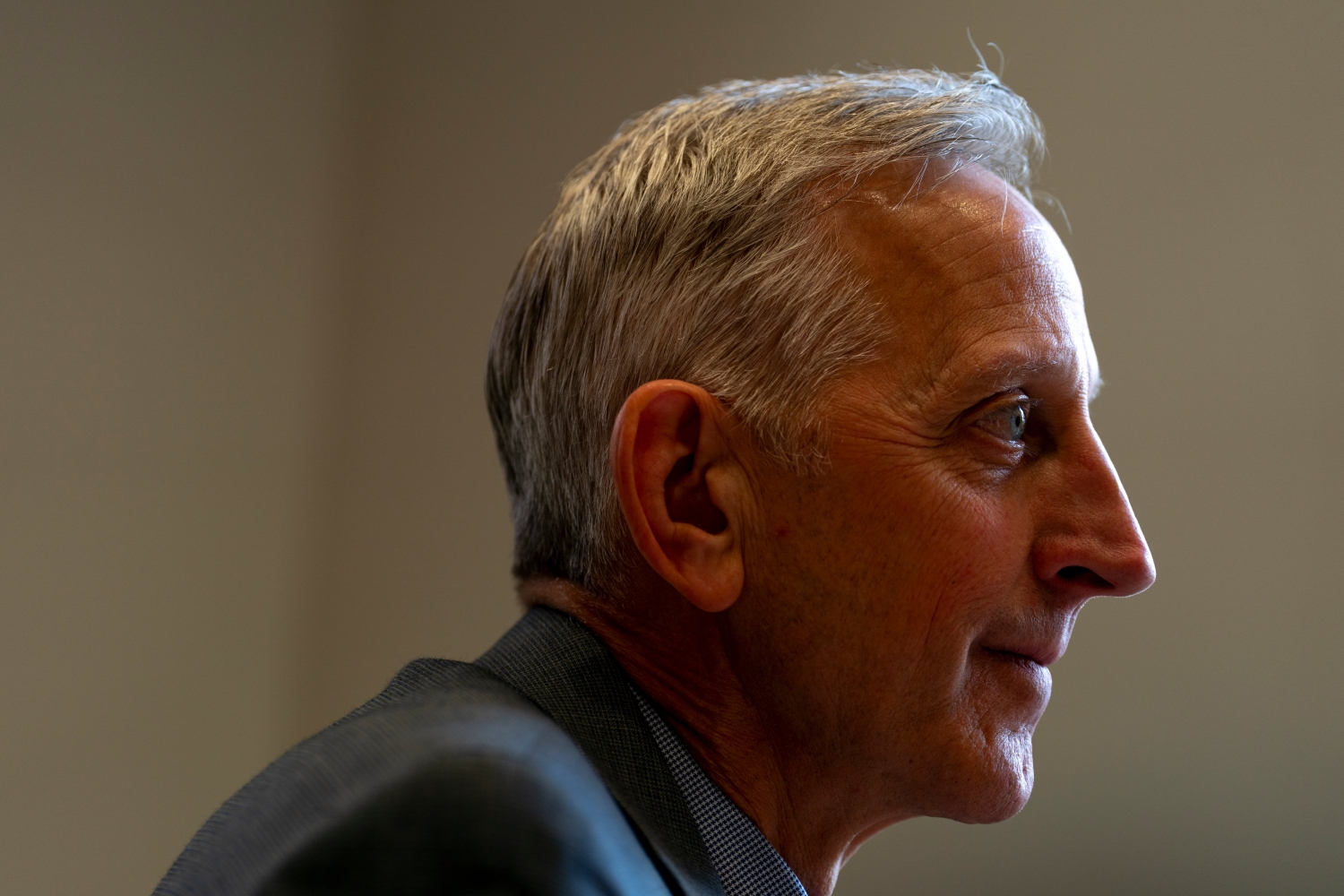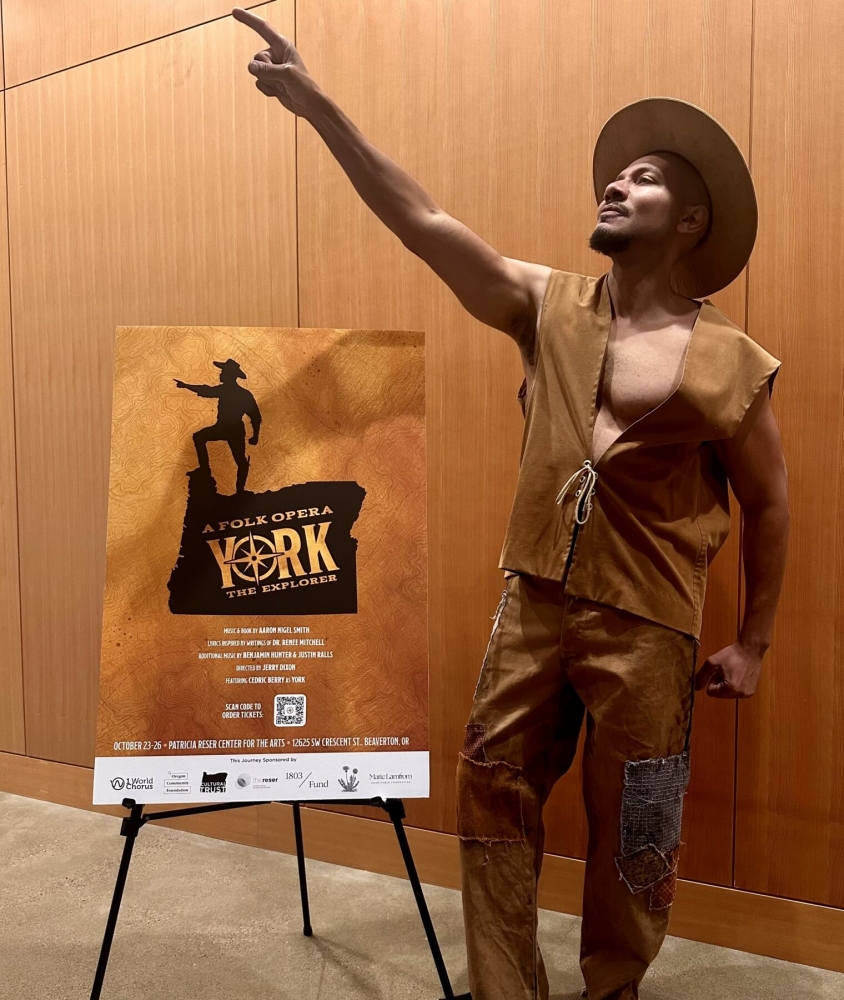

Published on: 10/23/2025
This news was posted by Oregon Today News
Description

Portland Mayor Keith Wilson is a step closer to meeting his ambitious goal of opening 1,500 new shelter beds by Dec. 1. On Wednesday, Wilson announced plans to pay for 280 shelter beds specifically for people with a substance use disorder.
“We have people suffering and dying on the street,” Wilson told OPB. “This is about taking action.”
The shelters will be run by Transition Projects Inc. and CityTeam, two organizations that already oversee recovery programs for people experiencing homelessness.
The city will pay for 80 beds that are already available at CityTeam, located in inner Southeast Portland. The city has bought a vacant building just one block south that it will lease to Transition Projects to run a new 280-bed shelter for people in recovery.
The city said this shelter will open by December. They are only funded until the end of June 2026.
Like Wilson’s other shelters, these two programs will only be open overnight. According to the city, guests will be offered resources to connect with other addiction recovery programs.
The shelters mark a departure for the city. Multnomah County has traditionally overseen and funded addiction services and treatment programs in the region.
But county and city leaders have clashed in recent years over how to manage recovery beds and short-term sobering centers. Since taking office, Wilson and other members of city council have expressed interest in taking a bigger role in managing recovery beds.
Wilson suggested that the county wasn’t going far enough to meet the community’s needs.
“We saw a dearth of recovery-oriented beds and we’re filling it,” Wilson told OPB.
Wilson made a similar move last week by announcing plans to open up 180 new shelter beds for families – which has historically also been a county responsibility.
Wilson said this doesn’t mean he’s interested in ending the city’s frayed partnership with Multnomah County to oversee the region’s homeless services. Instead, he wants to see the county propose more “better, faster, lower-cost” solutions to homelessness.
The news comes 40 days before Wilson’s self-imposed 1,500 shelter bed deadline.

Wilson has already announced plans to open around 810 beds – and the recovery beds bring the count to 1,090. But this doesn’t mean all of these beds are currently available. More than 100 of these beds are considered “flex” beds, meaning that they’ll only become available when the shelters are at capacity – something that has yet to happen.
For a region with roughly 7,000 people living unsheltered, Wilson’s overnight shelters have remarkably high vacancy rates. Data collected by the city and shared with Multnomah County show some shelters up to 80% vacant on average night over a recent two-month period.
Wilson told OPB that he doesn’t believe this means his shelters aren’t working.
“I’ve told my team I need hundreds of empty beds every night,” he said. “Having a system with no empty beds means our system fails.”
That’s because, he said, his system relies on having enough shelter beds available to “enforce community standards.”
That’s Wilson’s way of saying he wants to enforce Portland’s anti-camping rules. Keeping beds open is a key piece of the enforcement strategy.
The homelessness policy, adopted last year, prohibits people from camping in public spaces when “reasonable” alternative shelter is available. If someone camping refuses to move into shelter, they could be hit with a $100 fine or spend up to a week in jail.
That’s been on hold while Wilson opens shelter beds. But that pause is ending.
Starting Nov. 1, Wilson said, “we are going to be going to encampments and with officers there, and we will be citing for criminal activity or code infraction.”
Wilson stressed that everyone violating the camping policy will be first given the option to move into shelter (unless there’s a warrant out for their arrest). If they don’t, they’ll get a ticket to appear in court. But he’s clear-eyed about what happens if people don’t follow orders.
“If you don’t show up to court, that’s a failure to appear,” he said. “It turns into arrest.”
Yet Wilson is resolute in his pledge that he will not criminalize homelessness.
Becky Straus, an attorney with the nonprofit Oregon Law Center, doesn’t see how penalizing people for not having a house helps them leave homelessness behind.
“Punitive approaches don’t work, even if we call it care,” she said.
The Oregon Law Center has sued the city multiple times for its homelessness policies. The city’s camping rules could face legal hurdles once enforced for lack of clarity around what makes a “reasonable” shelter bed, according to Straus. She said that Wilson’s shelters don’t meet that standard.
“For many people, a nighttime only shelter mat is less safe than the bare minimum of survival they’d otherwise found [outdoors],” said Straus. “That alternative is not reasonable.”
Recent data appears to support this stance.

Over the course of six months in 2024, nonprofits Welcome Home Coalition and Sisters of the Road surveyed roughly 450 people experiencing homelessness in Portland. They polled those living unsheltered on what it would take for them to get into housing. The survey, published Thursday, found that the majority of respondents said they’re ready to move into an apartment, but the high cost of rent put it out of reach.
Most of those polled didn’t see shelter playing a role in getting them into housing. Asked which housing options they would least like to live in, respondents ranked shelter just as undesirable as living outside. This specifically referred to the type of “congregate” shelter that Wilson’s created – large rooms filled with rows of beds. Those polled were much more interested in moving into other forms of shelter, like tiny home villages, motels and RVs.
Wilson is adamant that his style of short-term shelters meets the needs of unsheltered Portlanders. He believes they will only become more desirable as the temperature drops.
“It’s going to get very cold through the winter,” he said. “At some point, they’re going to want to come in.”
News Source : https://www.opb.org/article/2025/10/23/portland-mayor-keith-wilson-addiction-recovery-shelter-beds/
Other Related News
10/23/2025
CBPL release - Library Closed Oct 23 The Coos Bay Public Library will be closed on Thursda...
10/23/2025
City of North Bend release - Knife River will close Virginia Ave between Arthur and Clevel...
10/23/2025
The City of Coos Bay Public Works Department Transportation amp Facilities Group has contr...
10/23/2025
Dear Annie Every year Thanksgiving turns into a tug-of-war in my family My siblings and I ...
10/23/2025









